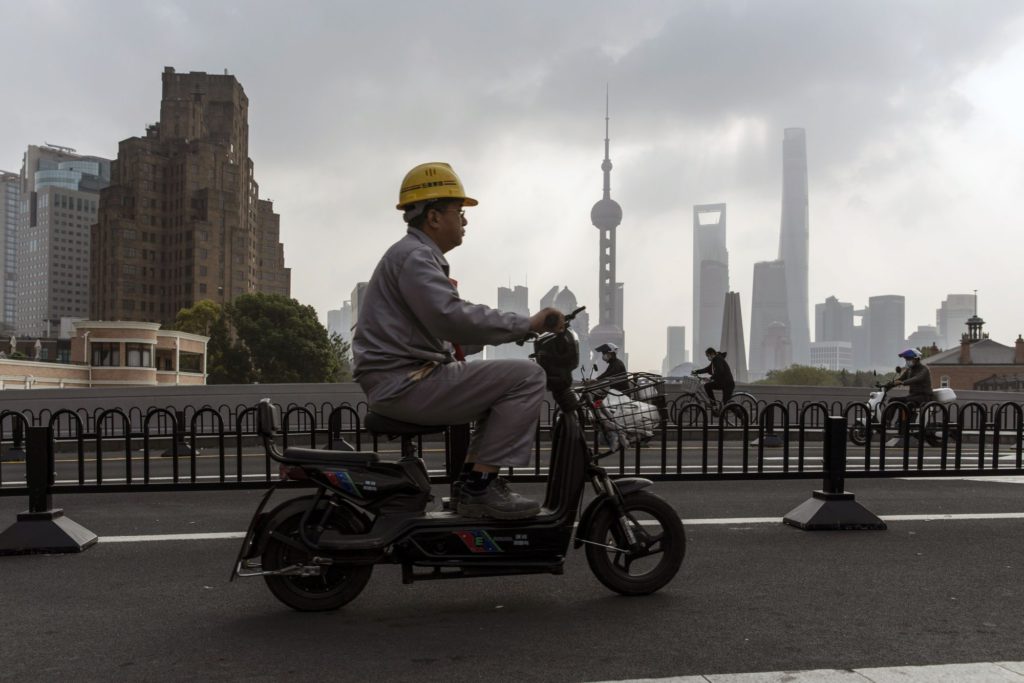China is increasingly becoming a “tough competitor” for the European Union as it seeks to gain influence in the world, including Africa, Asia and Latin America, the bloc’s foreign policy chief said.
(Bloomberg) — China is increasingly becoming a “tough competitor” for the European Union as it seeks to gain influence in the world, including Africa, Asia and Latin America, the bloc’s foreign policy chief said.
EU foreign ministers meeting in Luxembourg broadly reconfirmed the EU’s approach toward China to treat it as a partner but also as a competitor and systemic rival, allowing the bloc to engage with the country in areas of mutual interest like climate change and health, Josep Borrell told reporters.
But China’s role as a “tough” competitor is of increasing importance, Borrell said after the meeting.
“The message from China now is one of competing, competing on a political level, the desire to have influence on all sorts of levels,” Borrell said. He added that the EU still needs to engage with China to solve big global problems, “but engage in a way that stays clear-headed, bearing in mind that one of the three slots — competition — right now is probably the most salient.”
The bloc’s relationship with China has also been strained by its closer ties to Russia and its refusal to condemn Moscow’s invasion of Ukraine.
The discussion comes as the Chinese Communist Party Congress meets this week, with President Xi Jinping set to secure a norm-breaking third term in office. Xi made clear in an opening speech Sunday that China wouldn’t deviate from its policies, declaring the “rejuvenation of the Chinese nation is now on an irreversible historical course.”
In a paper circulated to member states ahead of Monday’s ministerial meeting, the bloc’s foreign policy arm warned of the EU’s dependence on Chinese products as a “strategic vulnerability” and urged diversification of supply chains for critical technology, such as semiconductors, as well as critical raw materials.
Inward Looking
The EU said it expects the party congress will confirm “inward looking policies” when it comes to political closure, economic and technological self-reliance, and will likely “widen the divergence between China’s and our own political choices,” the paper said.
The paper also underscored Taiwan’s impact on the bloc’s relations toward China. The EU said it was important to urge “de-escalation and dissuasion to prevent the erosion of the status quo,” including by referring to “possibly consequences” in case China chose to start a conflict with Taiwan.
“Any violent or coercive change of the status quo could have massive economic, political and security consequences, at global level, especially considering Taiwan’s primary role as supplier of the most advanced semiconductors,” the EU said in the paper.
More stories like this are available on bloomberg.com
©2022 Bloomberg L.P.











